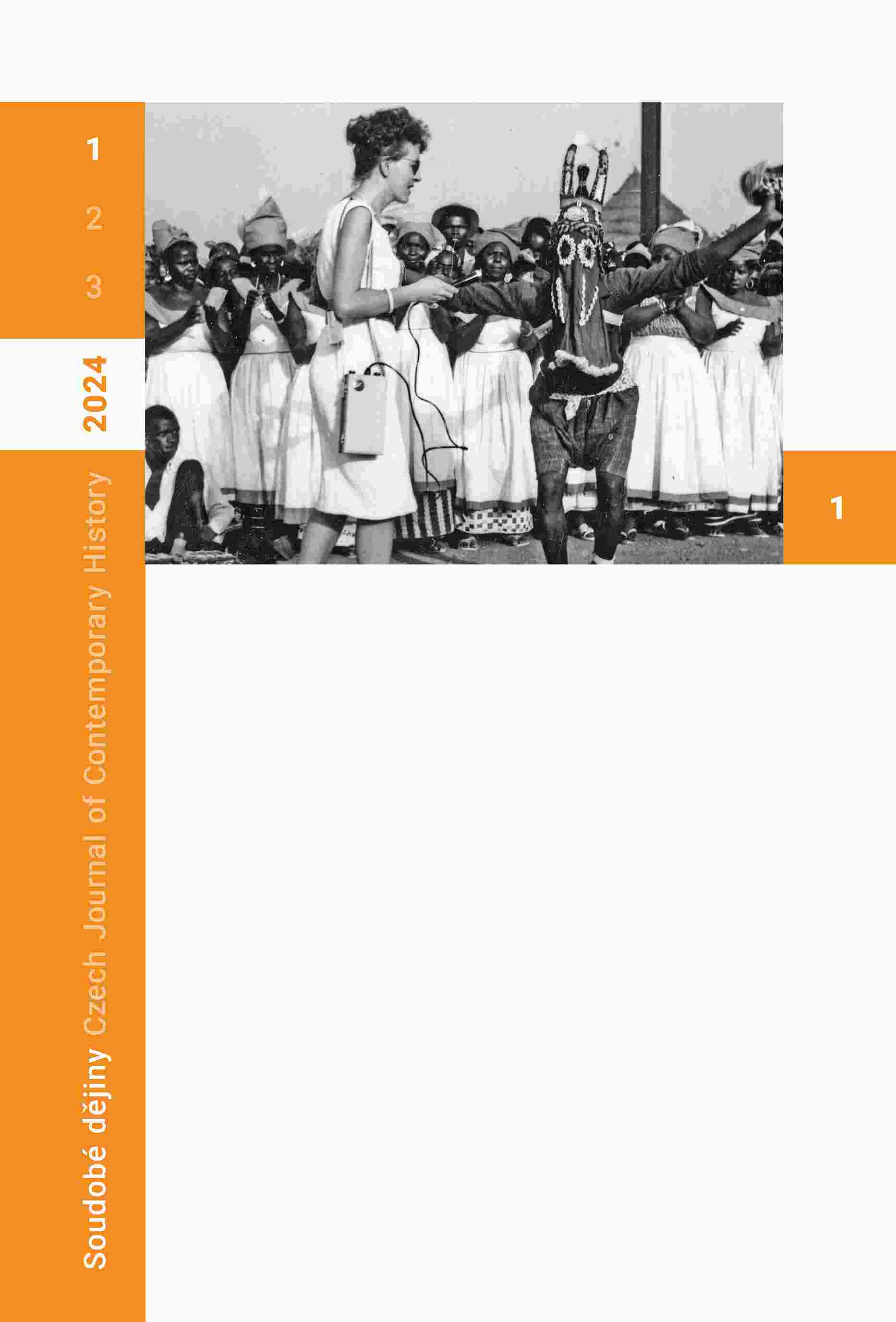Pražské jaro jako impulz a inspirace
The Prague Spring as an Impulse and Inspiration
Author(s): Vlastimil HálaSubject(s): History, Philosophy, Political Philosophy, History of ideas, Political history, Post-War period (1950 - 1989), Transformation Period (1990 - 2010), History of Communism, Post-Communist Transformation, Book-Review
Published by: AV ČR - Akademie věd České republiky - Ústav pro soudobé dějiny
Keywords: Czechoslovakia;Prague Spring;socialism;reform communism;revolution;workers’ councils;Czechoslovak transformation;Václav Havel
Summary/Abstract: The philosophical starting point of the collective work "Pražské jaro: Logika nového světa. Od reforem k revoluci" [Prague Spring: The Logic of the New World. From Reform to Revolution], edited by philosopher Michael Hauser, is, according to the reviewer, the conviction in the real potential for development of historical alternatives that did not materialize. It is through this lens that the five authors (three philosophers, a sociologist and a legal historian) view the phenomenon of the Prague Spring of 1968 and explore some of its aspects. In a way, they follow the debate between the writers Václav Havel and Milan Kundera from the late 1960s, the core of which was the question of the peculiar possibilities of socialism in relation to th etraditional model of liberal democracy, linked to capitalism. The authors develop the ideological line of Kundera’s “pro-socialist” position, and the reviewer comments on the individual chapters, which deal with the “second life” of the Prague Spring, the social dynamics of the so-called revival process, the workers’ councils between 1968 and 1970, the transformation of the Czechoslovak legal system in the 1960s, and the contemporary role of interdisciplinary expert teams in relation to political leadership and citizen initiatives. The last chapter sharply criticizes the direction of Czechoslovak, or rather Czech, socio-economic transformation after November 1989, which, according to the author, through the significant contribution of Václav Klaus and Václav Havel in “building capitalism”, blocked alternative possibilities of development and, with the ideological legacy of the Prague Spring, rejected all left-wing concepts. The authors see the main lasting inspiration of the Prague Spring in the idea of workers’ councils. The emphasis on their direct participationin the management of the economy goes beyond the current social model.
Journal: Soudobé Dějiny
- Issue Year: XXXI/2024
- Issue No: 1
- Page Range: 272-283
- Page Count: 12
- Language: Czech

